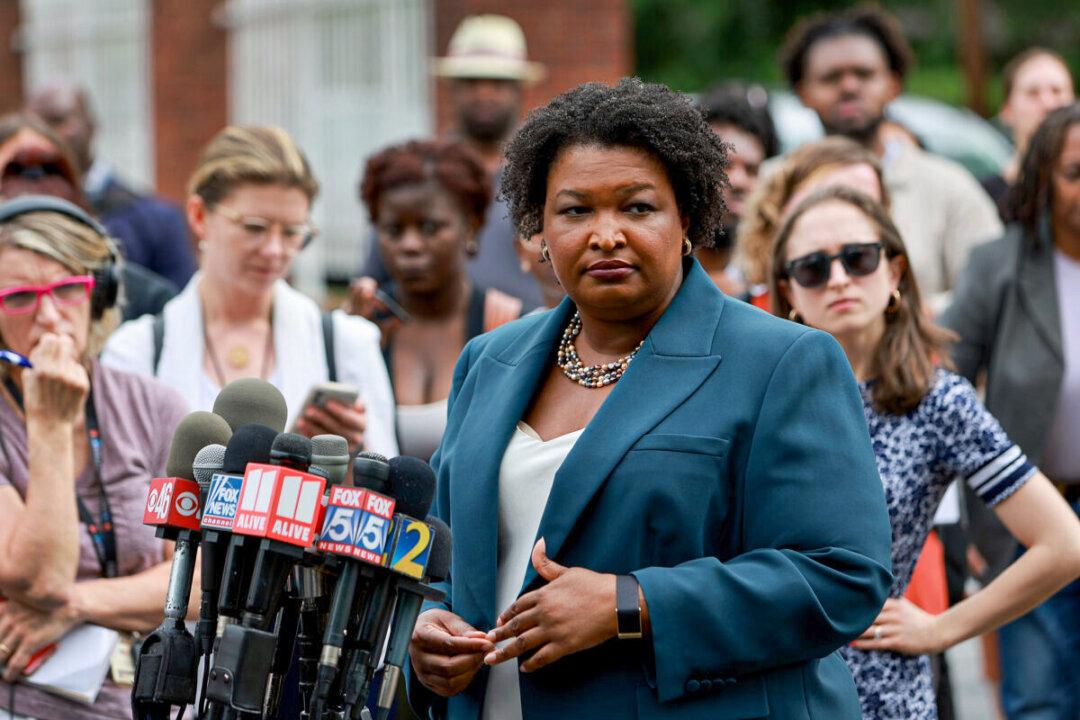Stacey Abrams, whose aspirations to the Georgia governor’s mansion and beyond have gained national attention, laid out her plans Tuesday night to boost the state’s economy without raising taxes.
She targeted her opponent Brian Kemp’s base voters—those in rural areas—with proposals specifically tailored to their needs. They include more support for small businesses, a Medicaid expansion allowing rural hospitals to reopen, and a promise to deliver free technical education.





